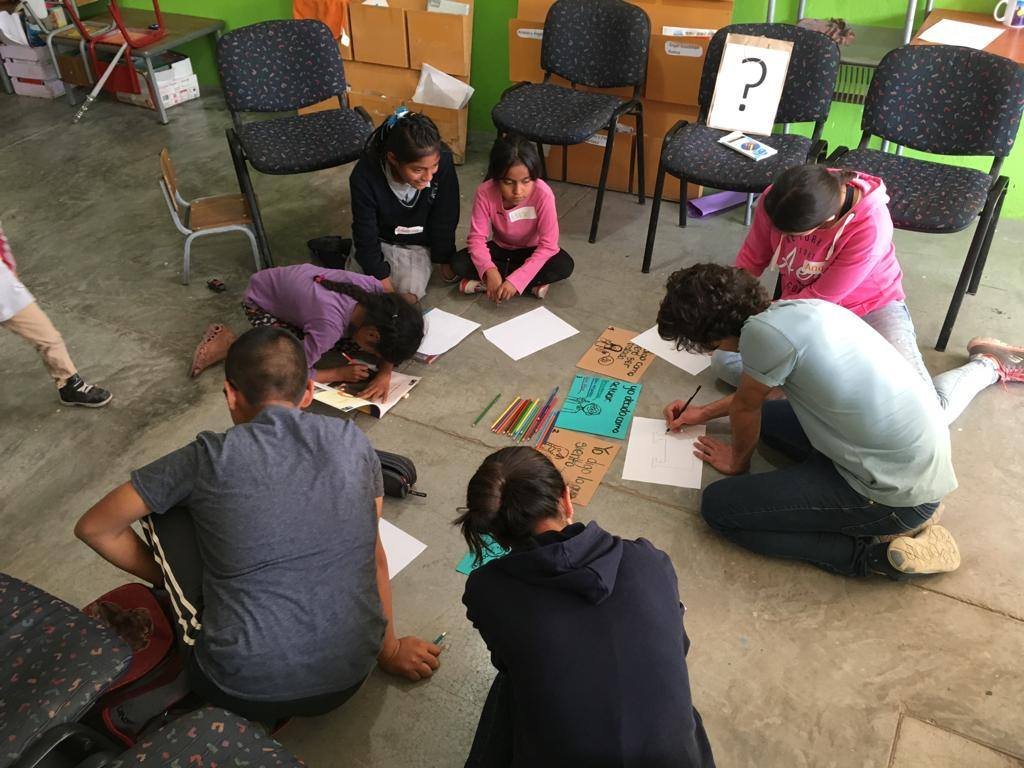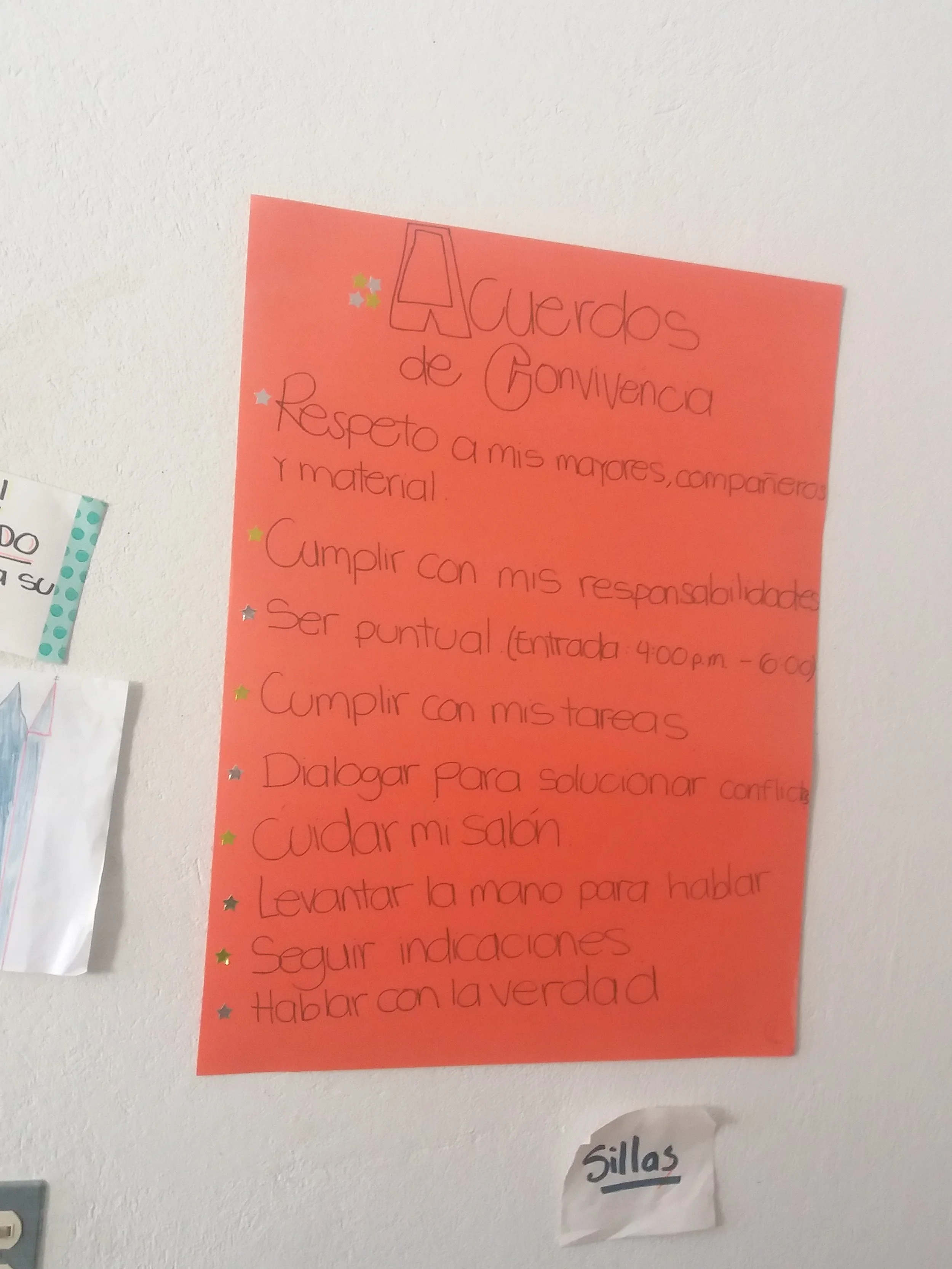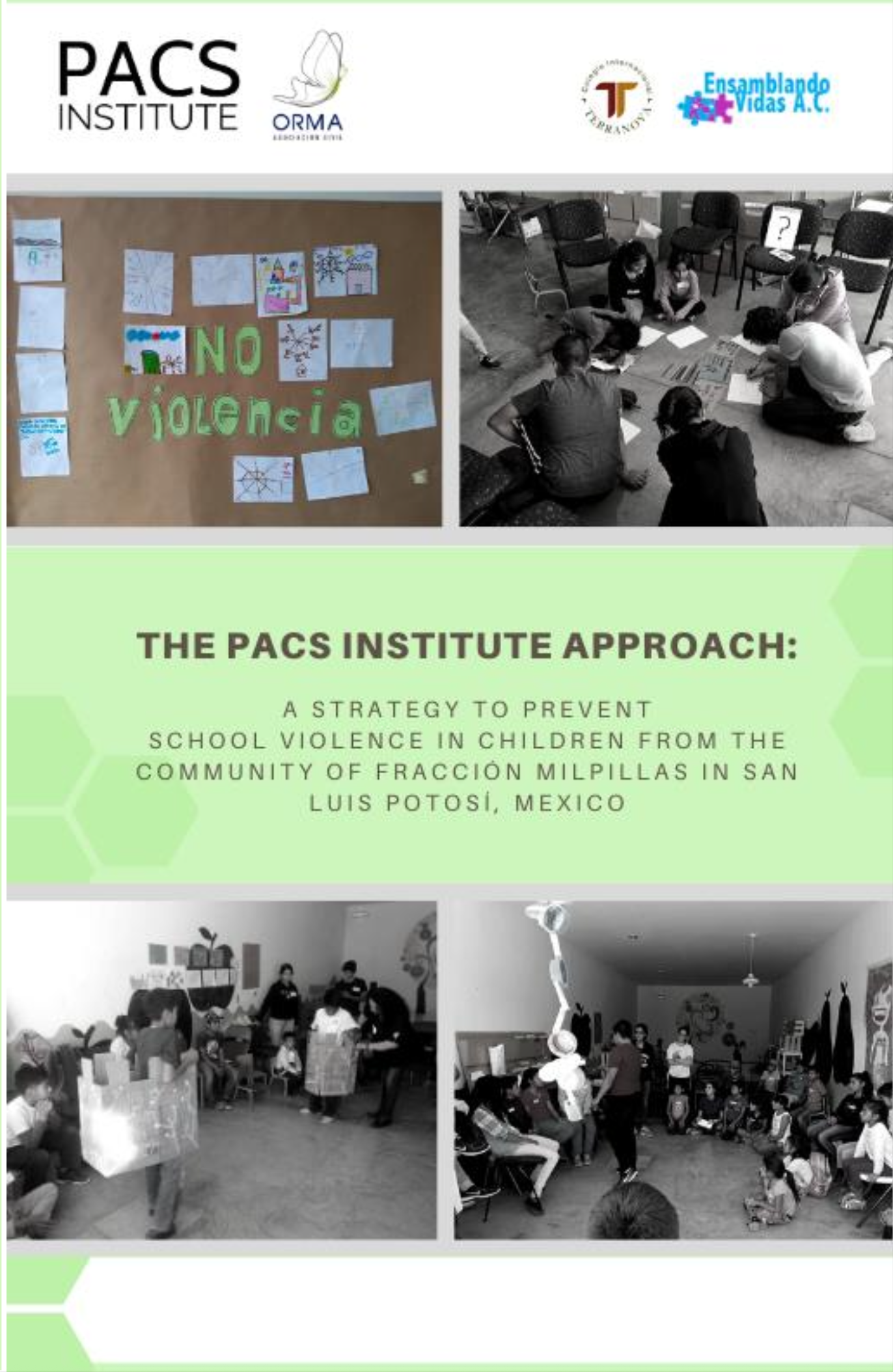Education
Developing Frameworks for Global Peace Education
Education shapes how future generations understand and pursue peace. Yet peace education remains fragmented—lacking the conceptual foundations that could unite diverse approaches into coherent curricula. The Institute for Global Peacecraft is developing frameworks to address this foundational gap.
Our Educational Vision
We're working toward comprehensive curriculum frameworks that could provide the conceptual architecture for peace education globally. These frameworks aim to:
Establish clear learning progressions based on our developing sentience-based ontology
Create assessment criteria aligned with genuine peace competencies
Provide guidance for adapting content to diverse cultural and educational contexts
Support educator development through theoretical grounding
This work positions IGP to contribute to international educational initiatives, offering the theoretical foundations that major educational bodies need when designing peace education programs.
Field Testing
In Fracción Milpillas, Mexico, we conducted an initial pilot program to explore how theoretical frameworks translate into educational practice. This community—where families depend on waste-picking and children face significant educational challenges—provided crucial insights into peace education in marginalized contexts.
Working with local partner Ensamblando Vidas A.C., we implemented workshop sessions with children aged 7-13, introducing concepts from our developing framework including:
Recognition of sentience and subjective experience
Understanding rights and mutual respect
Communication as conflict prevention
Non-violent approaches to disagreement











Field Observations:
The pilot revealed both the potential and challenges of peace education in communities where violence is normalized. Children demonstrated capacity to engage with peace concepts while showing how deeply violent patterns are embedded in daily interactions. These insights inform our ongoing framework development, particularly regarding:
The need for sustained engagement beyond isolated interventions
The importance of addressing family and community contexts
The challenge of moving from conceptual understanding to behavioral change
The critical gap between knowing "violence is wrong" and having practical alternatives
Field Research Report
Educational Framework Development
Our current work focuses on translating theoretical foundations into educational architecture.
-

Curriculum Design Research
Examining how sentience-based concepts can structure learning progressions across different educational levels and cultural contexts.
-

Assessment Methodology
Developing approaches to evaluate genuine peace competencies rather than just knowledge retention.
-

Educator Preparation
Identifying the theoretical grounding and practical skills educators need to facilitate transformative peace learning.
-

Cultural Adaptation
Understanding how universal principles can be expressed through locally relevant pedagogies and content.
Positioning for Global Impact
IGP's educational work aims to provide what the field currently lacks: coherent theoretical foundations that could inform peace education at scale.
By developing these frameworks now, we're preparing to contribute meaningfully when international bodies seek to strengthen peace education globally.
Future Directions
As we continue developing our educational frameworks, we seek engagement with:
Educational researchers studying peace pedagogy
Organizations implementing peace education programs
Policymakers shaping educational priorities
International bodies coordinating global educational initiatives
Connect With Our Education Initiative
For those interested in the intersection of peace theory and educational practice, we welcome dialogue about framework development and potential collaboration.
Contact: education@globalpeacecraft.org







